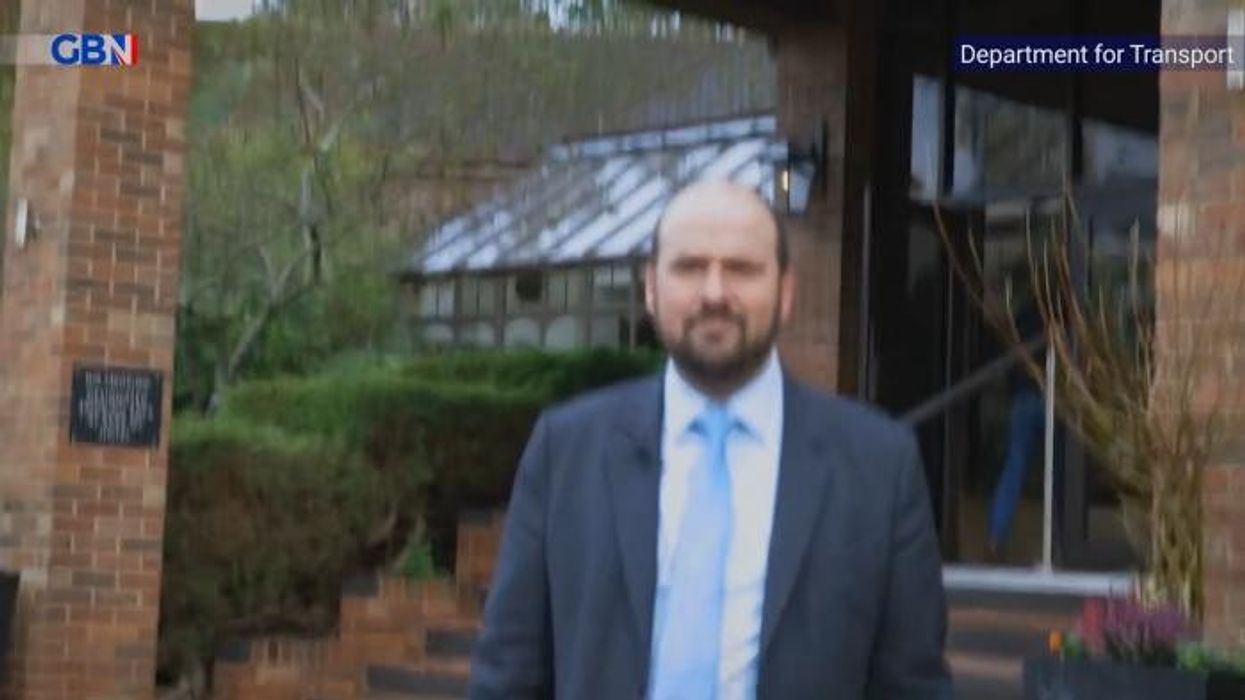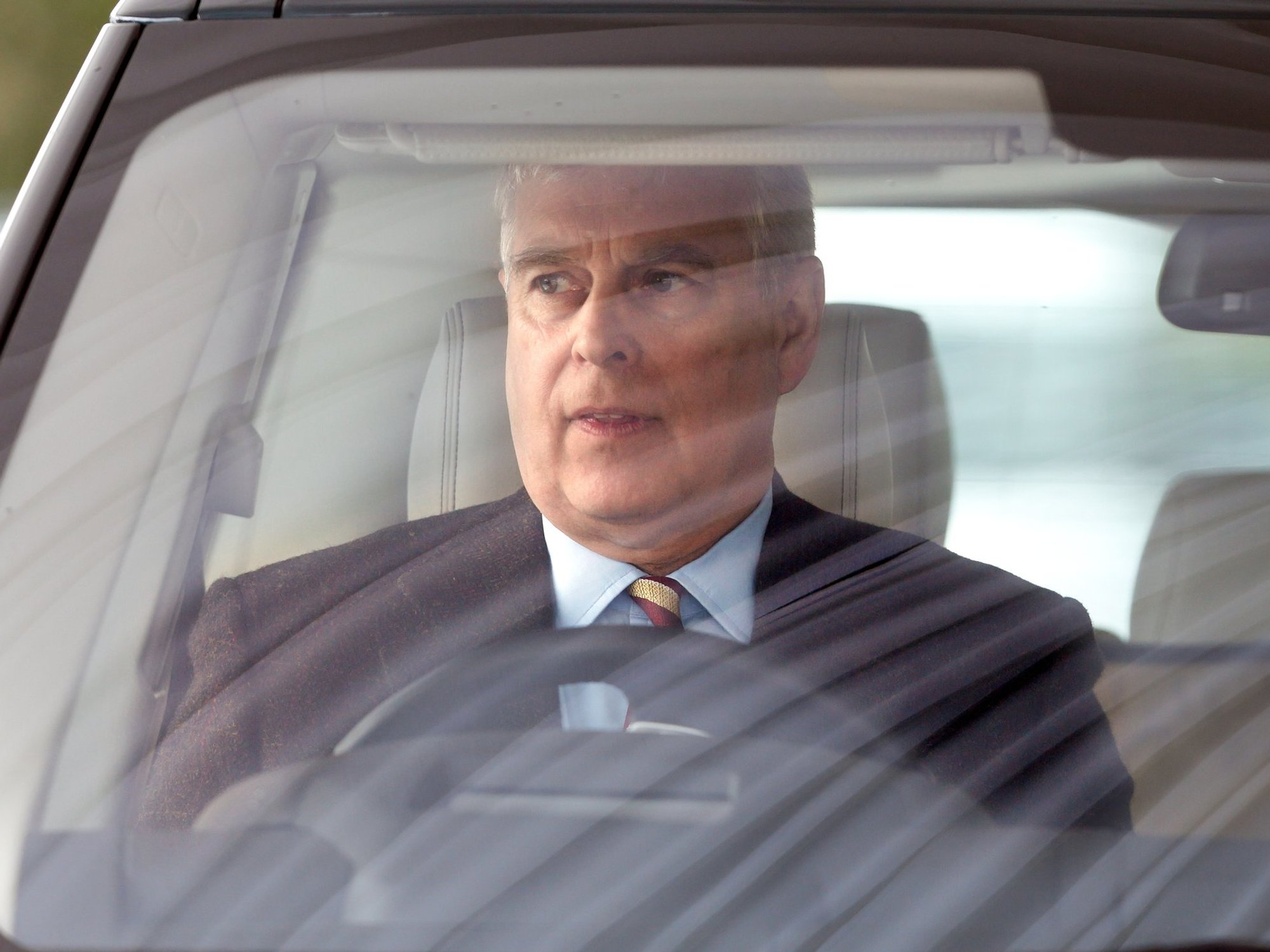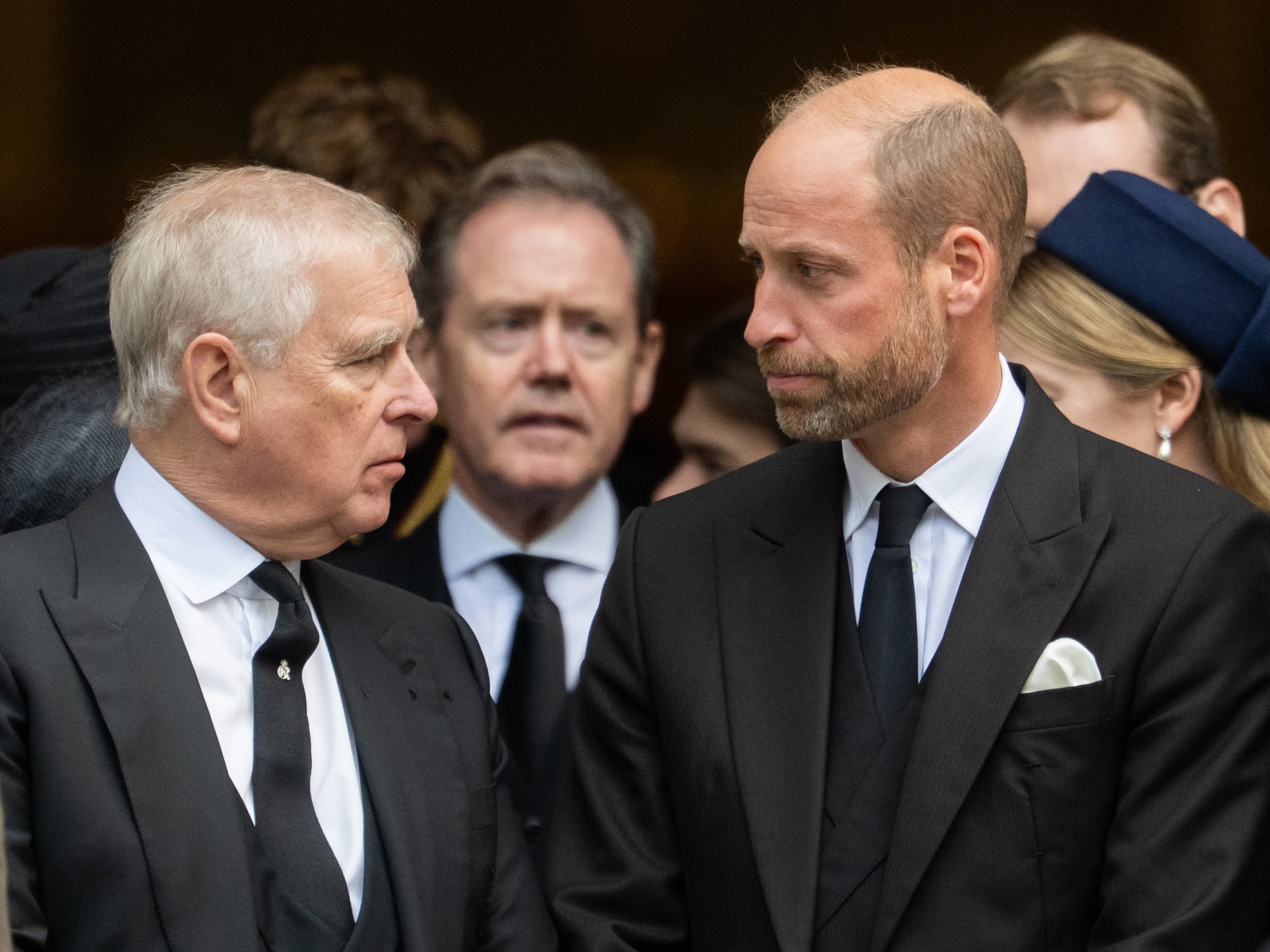Motorists urged to make 'simple' changes to help increase car values by £1,000 - 'Always pays off'

Drivers can purchase DIY equipment for as little as £60
Don't Miss
Most Read
Latest
Drivers have been warned they could dramatically increase the value of their cars by making easy changes which could make a difference to vehicles.
The warning comes as more drivers look to sell their cars ahead of the summer period when interest in buying a car peaks, according to experts.
Drivers looking to sell their cars are being advised to fix any scuffed alloy wheels, which can help increase the value of the vehicle.
Experts suggested that while many sellers focus on mileage or service history, cosmetic details like wheel condition can "make or break" a deal with potential buyers.
Do you have a story you'd like to share? Get in touch by emailing motoring@gbnews.uk
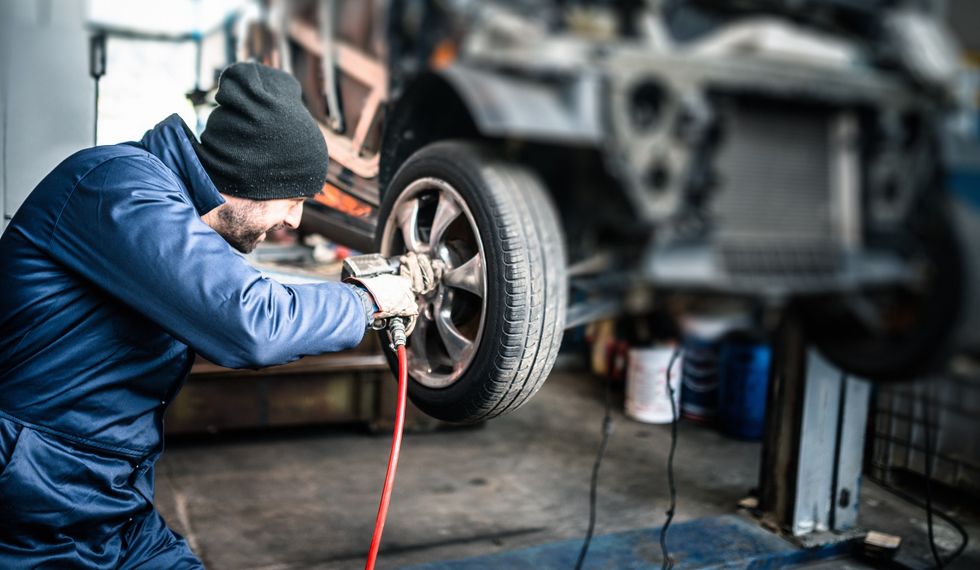
Reports found that buyers can be put off if alloy wheels are not cleaned
|GETTY
Experts at Bumper said: "Alloy wheels are one of the first things a buyer notices, and even minor cosmetic damage can become a negotiation point.
"Sellers might think it’s only a small scratch, but buyers see cost – and often push for a significant discount."
Recent research by Auto Trader also found that 64 per cent of buyers would reconsider purchasing a car with badly scuffed alloys, with over a third expecting a discount of between £250 and £500 for the poor condition.
However, the report noted that some buyers admitted to asking for £1,000 off or more due to the scuffed wheels.
According to Bumper, this kind of price drop is often avoidable, with the expert explaining that in many cases, drivers can refurbish a single alloy for as little as £60 to £120.
"Even if all four wheels need work, it’s a fraction of what you’d lose through negotiation. It’s one of the smartest pre-sale investments you can make," the expert added.
Carwow stated that the best months to sell a car include February, January, March, June, August and May. August and February are particularly strong months to sell as they fall right before the number plate changes in March and September.
Carwow shared: "Despite not being within the first half of the year, August makes the top six. In part, due to this month coming right before another plate change for cars. Therefore, it provides a small window of opportunity for those looking to sell their car later in the year."
The worst months to sell take place in the second half of the year due to demand being lower during this period, with Carwow finding that any vehicles sold during this time "are less likely to get the best price".
For light surface damage, drivers can use DIY kits to help fix up their cars before selling through, using tools such as sanding paper, primer, wheel paint and lacquer, which are available from most motoring stores.
Experts at Bumper warned that if the wheels are cracked, bent, or diamond-cut, professional repair is the safer choice.
"If an alloy has deep gouges or any signs of structural weakness, refurbishment might not be enough. In those cases, replacing the wheel could be the best – and safest – decision," the expert stated.
LATEST DEVELOPMENTS:
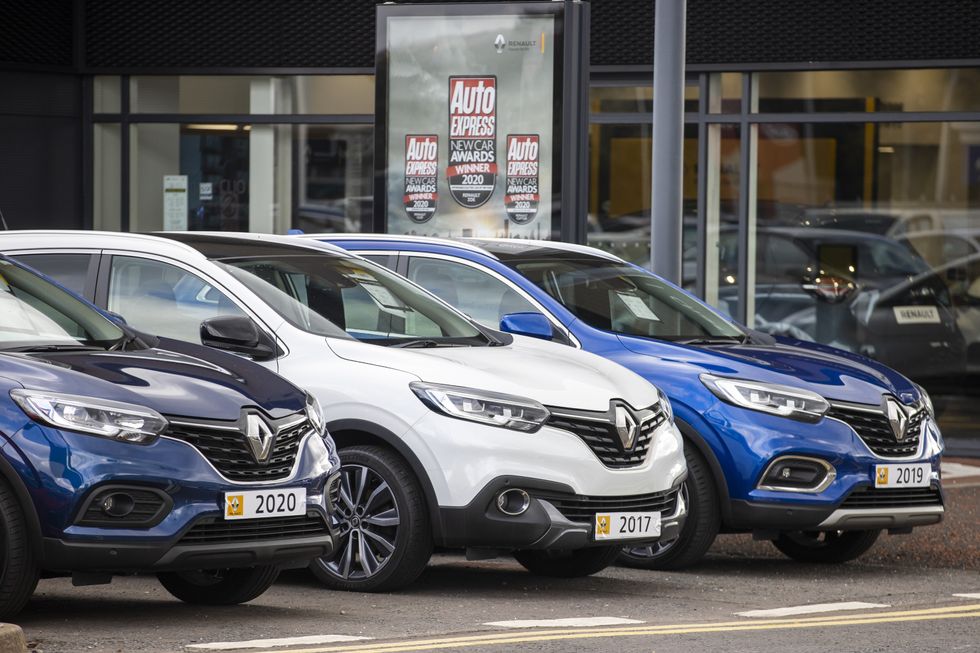
The peak months for selling a car include February, January and March
| PAOffering advice to future sellers, Bumper suggested inspecting alloys "well before" listing the vehicle online or heading to a dealership.
The expert said: "Smart preparation always pays off. If you’ve taken the time to clean and fix the wheels, it sends a message to the buyer that the rest of the car has been looked after too, and that can easily translate into a better offer."


